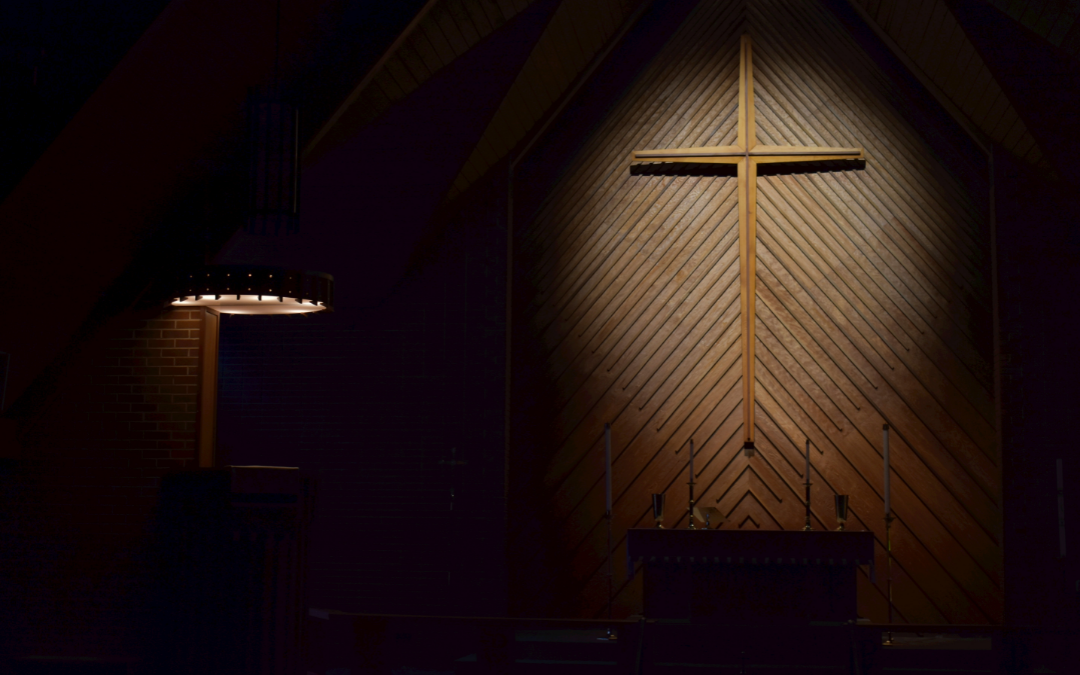In the Christian church, Holy Week is celebrated with extra seriousness as a period of devotion to Jesus Christ’s Passion. The Great Week is known as such in Greek and Roman liturgical writings because God performed great deeds during this time. St. Athanasius, bishop of Alexandria, and St. Epiphanius of Constantia both adopted the name Holy Week in the fourth century. Originally, only Good Friday and Holy Saturday were celebrated as holy days. Later, Wednesday was added as the day on which Judas planned to betray Jesus, and by the beginning of the third century, the other days of the week had been added. The pre-Nicene church focused on one major feast, the Christian Passover, on the night between Saturday and Easter Sunday morning. By the later fourth century, the practice of separating the various events and commemorating them on the days of the week in which they occurred had begun: Judas’ betrayal and the institution of the Eucharist on Maundy Thursday; Christ’s Passion and death on Good Friday; his burial on Saturday; and his Resurrection on Easter Sunday.
The Roman Missal’s Holy Week observances were altered in accordance with the decree Maxima Redemptoris (November 16, 1955), which restored the services to the time of day appropriate to the events described in Scripture.In the world of liturgy, even the slightest things can be significant. This decree sought to synchronize the scheduling of services with the events depicted in Scripture. By doing so, it hoped to restore a stronger bond between the faithful and the biblical stories told at Mass. The amendment altered the order and time of the services within the Roman Missal. The idea was to construct an environment in which the events mentioned in the Scriptures might be understood in the context of their period of occurrence. The Catholic Church thought that by establishing the Mass in a more historically realistic environment, the congregation’s comprehension and enjoyment of biblical narratives would improve.
This change was crucial for a number of reasons. First and foremost, it aimed to cultivate a deeper sense of worship and spiritual connection among the faithful. Aligning the services with the times of day when the events took place contributed to a more immersive experience, allowing the congregation to feel a stronger connection to the biblical accounts and Jesus Christ’s sacrifice. Furthermore, this change enhanced the authenticity and historical accuracy of Mass celebrations.
In today’s fast-paced world, many people find comfort and connection in their faith and spirituality. Worship, a social meeting when believers join together to express appreciation, seek guidance, and enhance their relationship with a higher power, is a powerful method for people to demonstrate their devotion. However, in recent years, some people have expressed a desire for a more meaningful worship experience, one that goes beyond tradition and rituals and actually reaches the spirit. This intentional redesign strives to combine the faith’s rich traditions with contemporary activities that appeal to today’s followers. Religious leaders strive to revive the passion and commitment of their congregations by introducing aspects that speak to their hearts and minds. What distinguishes this reform is the recognition that even the smallest features of the liturgy can have a profound impact on people’ spiritual journeys. The choice of words, the melodies used in musical arrangements, and the inclusiveness of the rites all contribute to the creation of an environment favourable to a more profound relationship with the divine.
As religious institutions continue to evolve their liturgical traditions, Christians can look forward to an interesting future. Those seeking a more meaningful worship experience should anticipate a future in which their spiritual path is enriched and their faith connection deepened. Religious communities are intentionally constructing a worship experience that fulfills the requirements of their modern believers while also reflecting the ever-changing spiritual landscape.
Celebrate Holy Week with peace, love, and dedication for the rest of our life, and remember Jesus Christ’s sacrifices for people in the lead-up to his resurrection. Renew our bodies and spirits.
Happy Holy Week
Happy Easter

